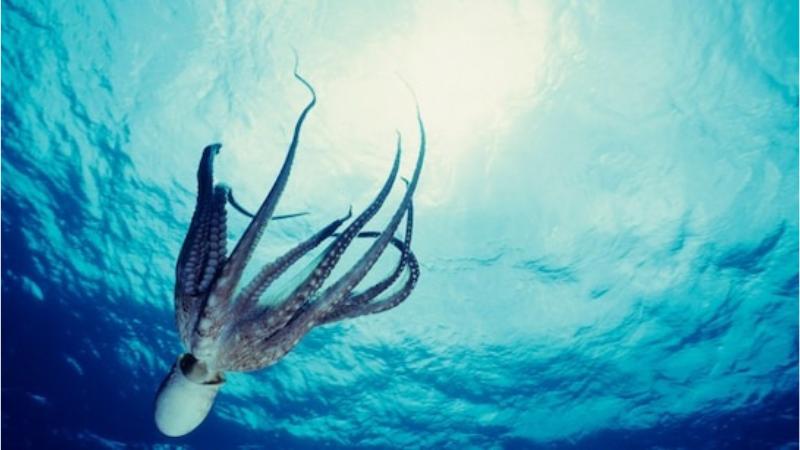
- devara
- 27 Dec 2024 07:15 PM
- cephalopod intelligence, octopus farming, animal welfare, octopus brain structure
Cephalopods, including octopuses, cuttlefish, and squid, have long fascinated researchers due to their exceptional cognitive abilities. While we still don’t fully understand the extent of their emotional states or conscious experiences, there's no doubt that these marine creatures display remarkable intelligence. For example, cuttlefish like Squirt have demonstrated highly accurate aim and a complex level of learning, raising questions about their capacity for intentional behavior. As research into cephalopod cognition expands, it has become clear that their intelligence may be on par with some vertebrates, prompting discussions about how we treat them in captivity.
The growing recognition of cephalopods' cognitive skills has led to calls for better welfare standards for these animals, particularly in light of recent debates over octopus farming. Both California and Washington state passed bans on octopus farming in 2024, and similar legislation is being considered in Hawaii. Critics argue that farming octopuses for food could pose significant ethical and environmental concerns, including the release of harmful substances from aquaculture. However, from a psychological perspective, the key issue is the remarkable intelligence of cephalopods, which could rival that of other animals we already regulate for humane treatment, like turkeys or chickens.
The structure of cephalopod brains and their ability to learn and adapt further solidify their place in the debate. Cephalopods possess a distributed nervous system, with a significant number of neurons located in their arms, allowing them to demonstrate advanced problem-solving abilities. Their skills in visual camouflage and their capacity for memory and learning—such as resisting impulse and practicing delayed gratification—are akin to those found in more traditionally intelligent vertebrates. As scientists continue to uncover the depths of cephalopod intelligence, it becomes increasingly clear that they may deserve the same ethical consideration as other sentient animals. These findings have already prompted the European Union and other organizations to begin creating guidelines for the ethical treatment of cephalopods in research, with the U.S. considering similar actions.










































